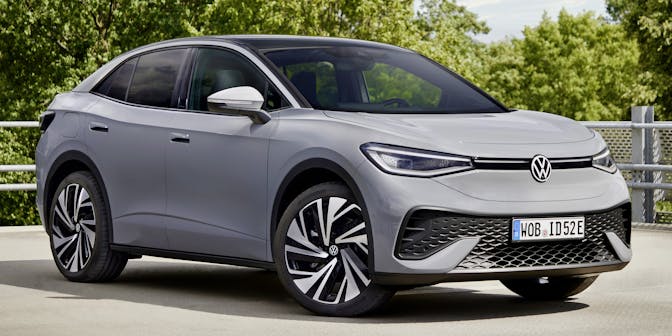Ultimate guide to smart charging
Below is everything you need to know about getting started with smart charging: what it is, the benefits, how it works and a step-by-step start guide.
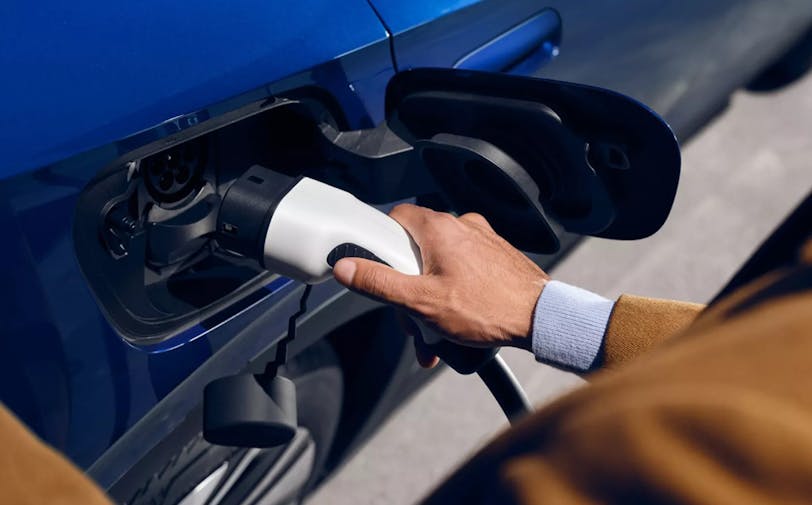
What is smart charging?
Smart charging is the most affordable and smartest way to recharge your electric vehicle’s battery.
A typical 'dummy' home charger simply operates as and when it’s plugged in. When an EV needs charging, just hook it up to the charger and unplug once it’s full. A smart charger however, allows drivers far more flexibility, savings and convenience thanks to its impressive inclusion of smart features.
With a smart charger, you’re able to schedule when your EV receives electricity and how much.
Why does it matter when I charge my EV?
There are two great reasons to use smart charging: it’s better for the environment and it saves you money. It’s a real win-win.
Let’s talk about the environment first. Over the course of an average 24-hour day, the types of energy that provide electricity to the National Grid vary. But a general way to break it down is it’s always a mix of renewables (wind energy, hydro-electric dams etc.) and non-renewables (gas, coal etc.)
Two of the most common factors with the largest impact on this mix, are the weather and electricity demand.
Why weather? Well, in Britain, there are lots of wind farms. To get the wind turbines turning and create electricity, there of course needs to be wind. On still days, there’s less renewable energy within the grid, forcing it to rely more heavily on non-renewable sources, such as coal.
Now onto demand. During the day, there are peaks of demand. In the UK, this is often highest in the evening, when most of the country’s residents are cooking, watching TV and charging their devices. During these peak times, the price of electricity goes up as there’s more stress on the grid, which is often exacerbated by a lack of green energy.
So, how do you make sure you’re using the cheapest and cleanest energy to charge your EV? You don’t. Let the smart charger do it for you.
How does a smart charger work?
A smart charger utilises windows of low energy demand – such as night time – to use renewable energy where possible, keeping cost to a minimum.
Here’s how it works.
The smart charger, and sometimes even the electric vehicle itself, will allow you to set a desired charge level. That is the battery percentage you’d like your EV to be charged up to. A charge-by time indicates to the charger when you need that charge level to be achieved by - in time for the morning school run for example.
A key thing to set is the minimum charge level. This sets the bare minimum amount of charge you need your EV to have, just bear in mind that achieving this percentage will be prioritised over using clean and/or cheaper energy. Once the minimum charge level is achieved, the smart charger will then optimise the remainder of the charge until it reaches the desired charge level.
Then the clever bit happens.
Your smart charger will relay these preferences into a dedicated cloud management system. Over the course of the charge, it’ll constantly monitor and adapt the charging to optimise energy use and meet your set preferences.
To maximise your savings, switch over to a variable energy tariff. Rates are often a lot cheaper overnight. Combining a smart charger with a variable energy tariff is often the most cost-effective way to refill your electric vehicle’s battery.
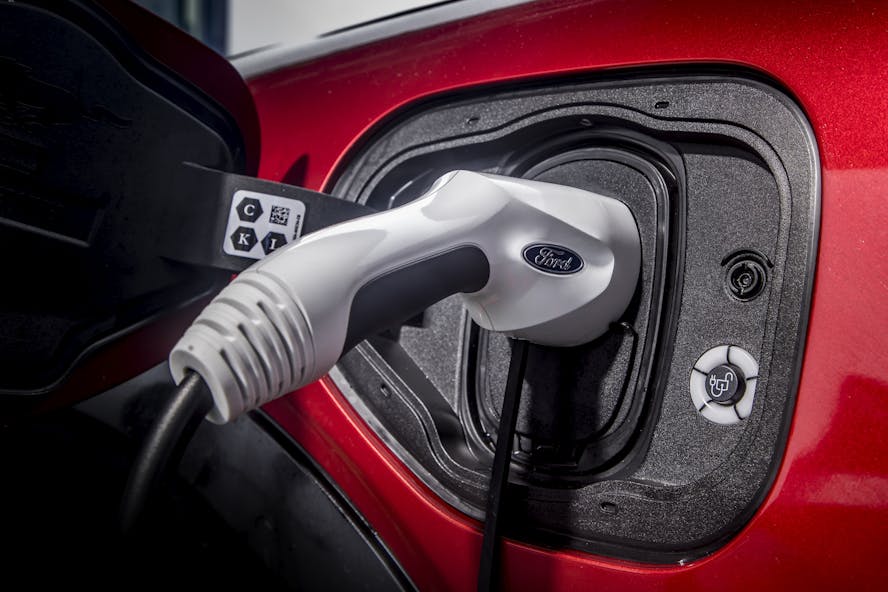
How do I smart charge?
It couldn’t be simpler - we’ve broken it down into three easy steps.
-
Open the smart charging app on your smartphone - such as the DriveElectric app (available currently for business customers), or take a look at the physical smart chargepoint installed at home. Then, set both the level of charge you’d like your EV to reach, as well as the time you’d like charging to be finish by.
-
Through the preferences you’ve now set, your charger will recharge the battery in your EV when demand on the national grid is at its lowest.
-
Pop your EV on charge and let the eco-friendly money saving begin! Once charging is complete, simply unplug your car as normal and set off.
Our Expert Guides
Understanding Vehicle Excise Duty (VED) or "Road Tax" for EVs
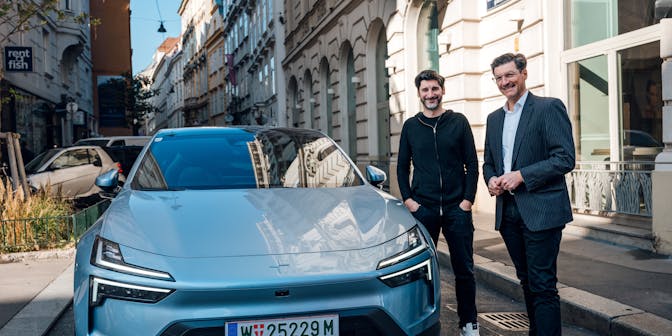
How to save money on a new car with Salary Sacrifice
How is salary sacrifice calculated?

How to charge an electric car in public?
Our electric car lease special offers
Cupra Born 169kW e-Boost V1 59kWh 5dr Auto
- £2,098.85 Initial rental (ex. VAT)
- £2,518.62 Initial rental (inc. VAT)
- 48 Month term
- 5000 Annual mileage
- Subject to status and conditions + arrangement fee
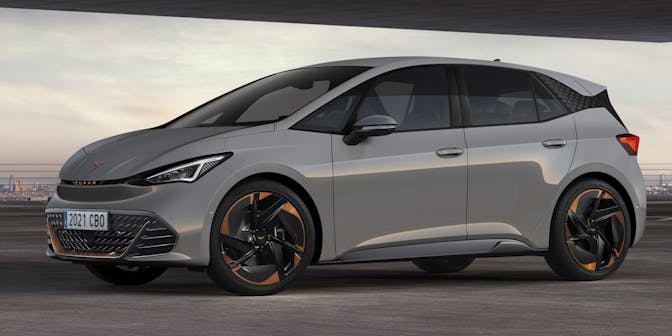
Ford Puma Gen-E 123kW Select 43kWh 5dr Auto
- £2,147.79 Initial rental (ex. VAT)
- £2,577.34 Initial rental (inc. VAT)
- 48 Month term
- 5000 Annual mileage
- Subject to status and conditions + arrangement fee
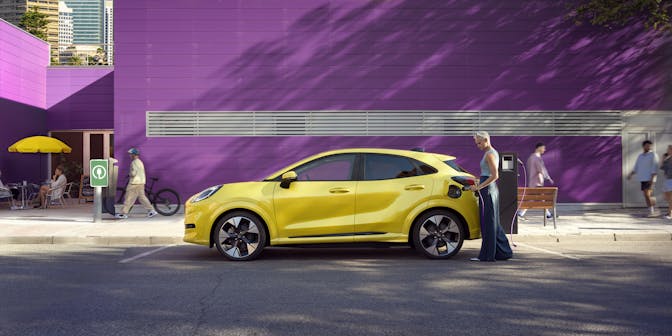
Volkswagen ID.5 210kW Match Pro 77kWh 5dr Auto
- £2,722.90 Initial rental (ex. VAT)
- £3,267.48 Initial rental (inc. VAT)
- 48 Month term
- 5000 Annual mileage
- Subject to status and conditions + arrangement fee
